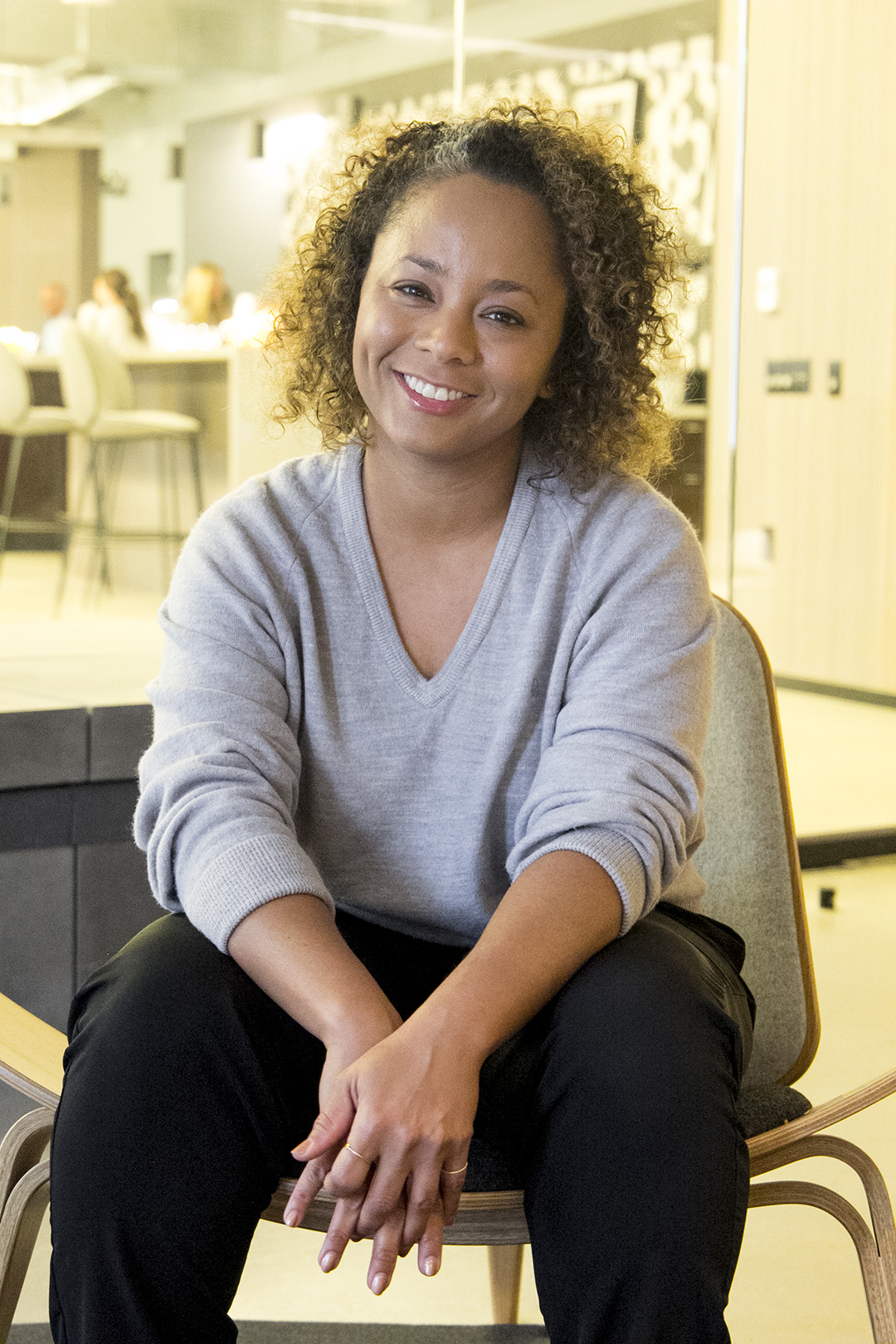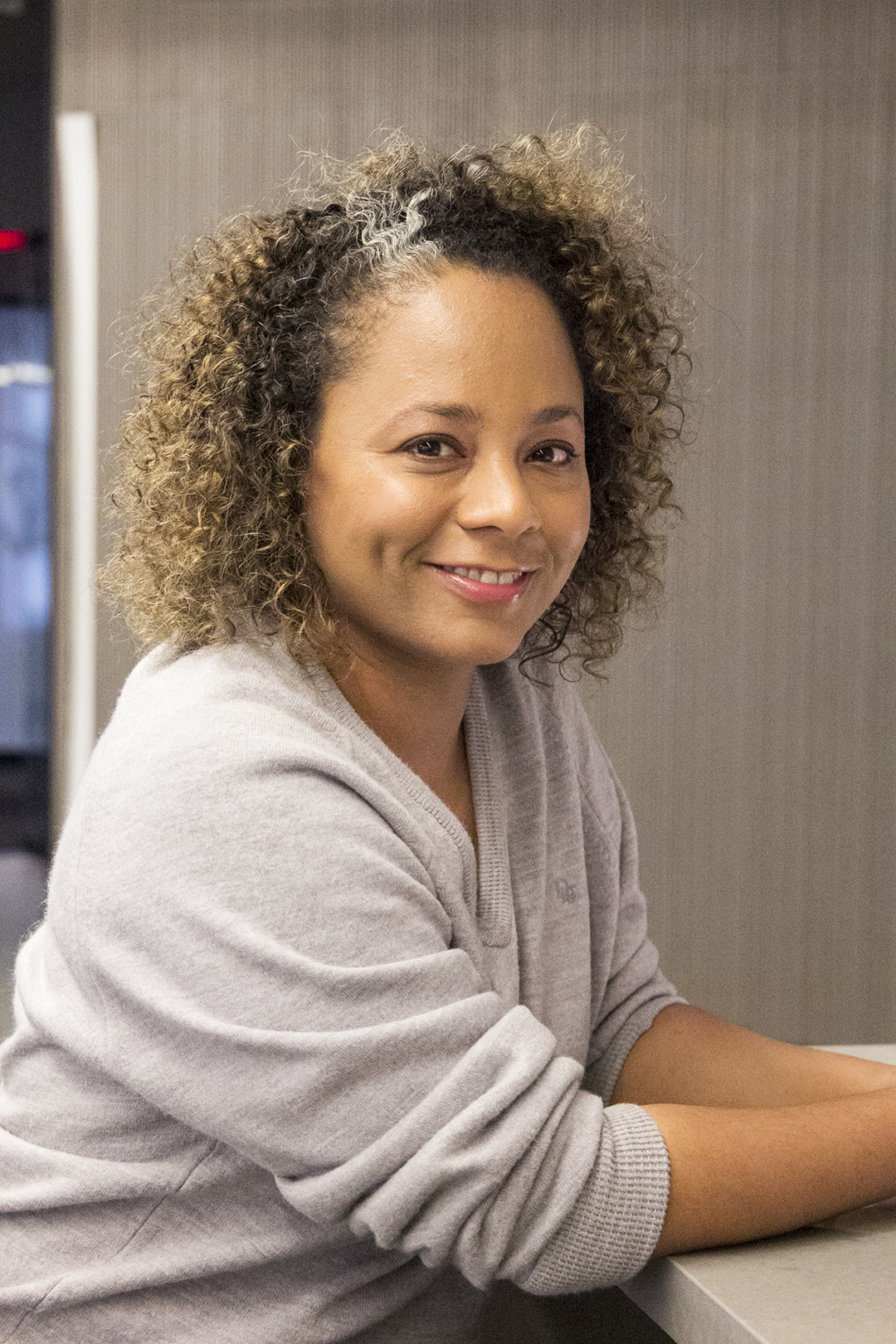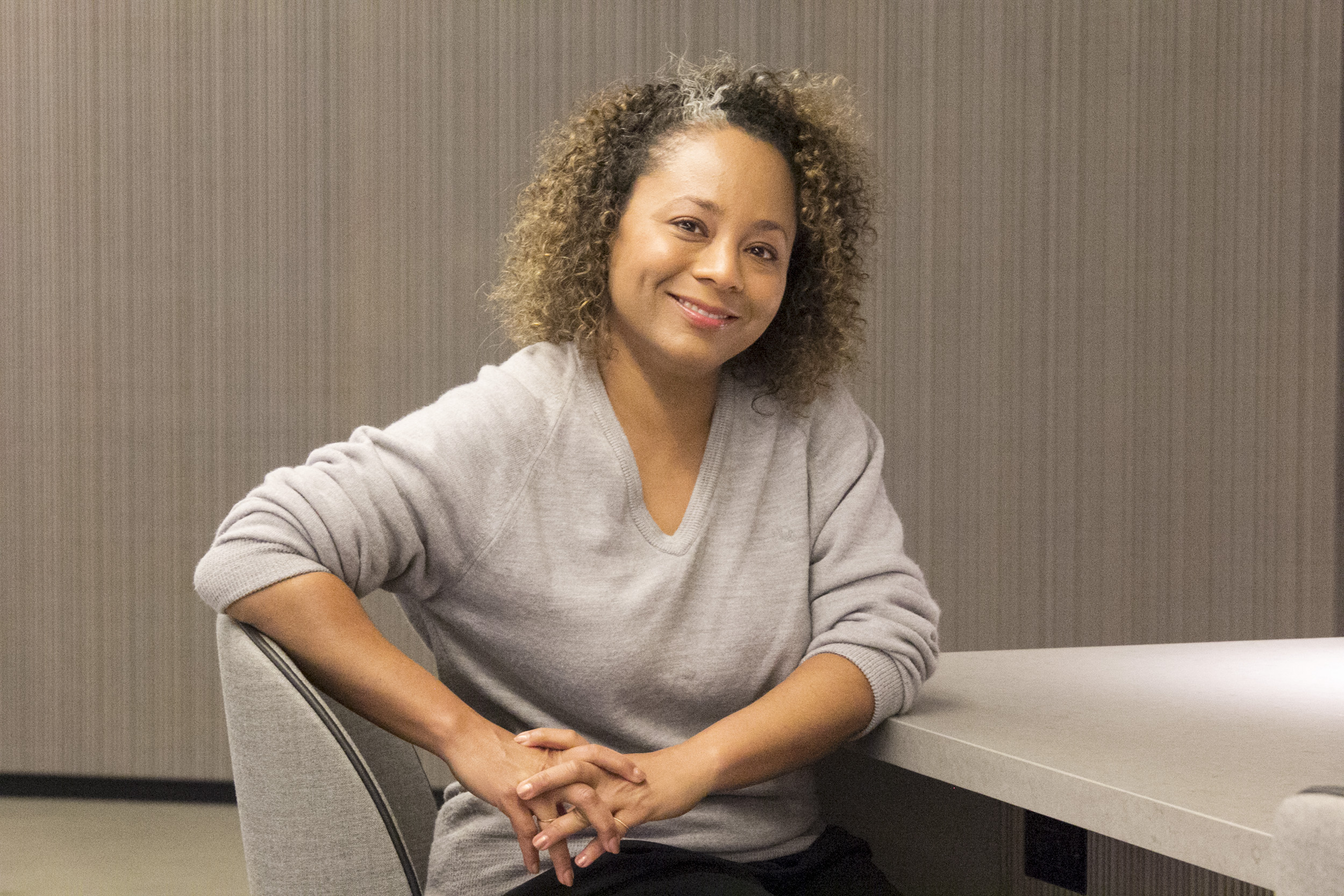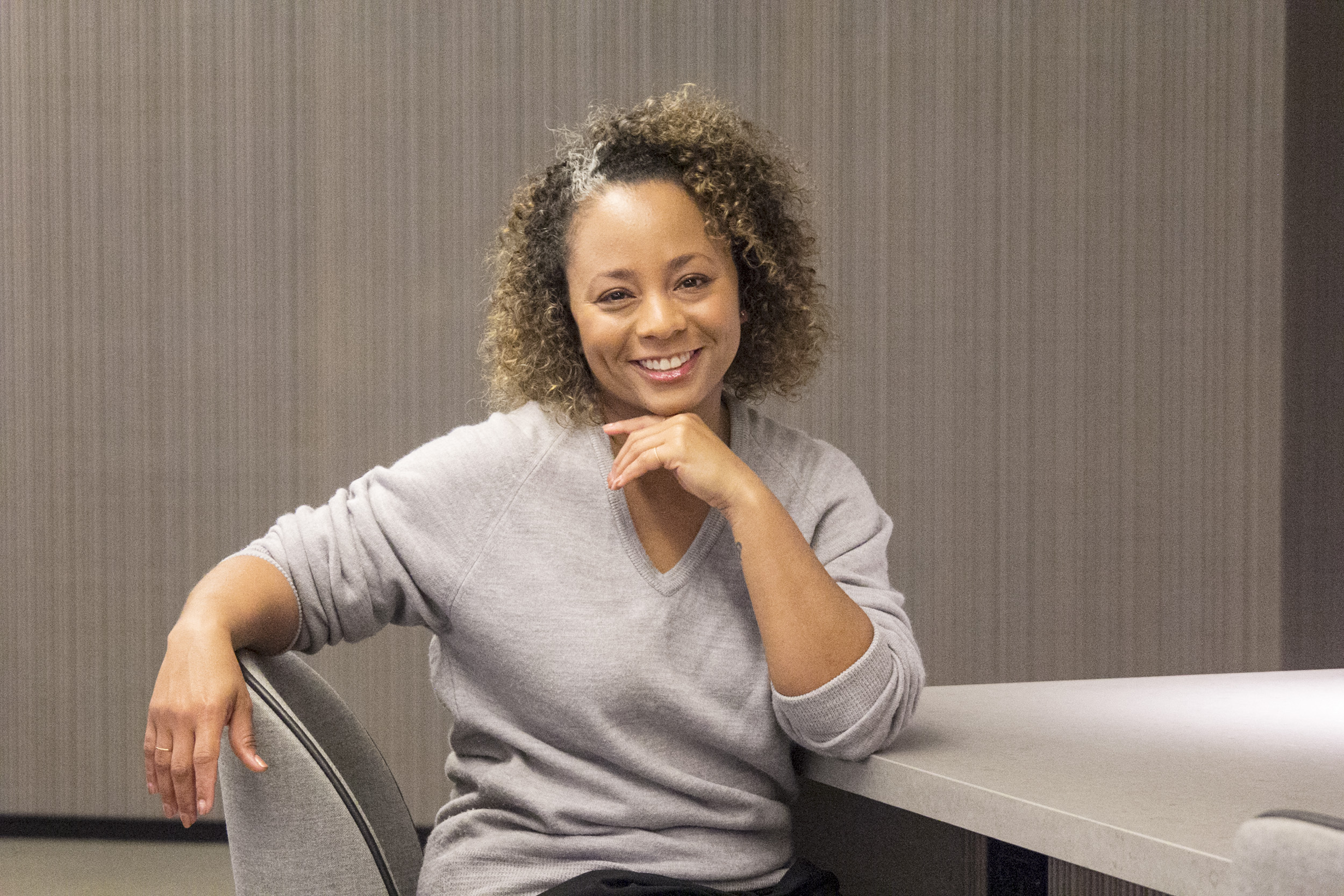When I was making my choices for university it was a clear-cut path: get the grades, put the work in, and you’ll be rewarded with a job for life that pays well and fulfills you. It seemed like a no-brainer. What that chain of thought doesn’t consider however, is that progressive industries can change exponentially in the time it takes you to complete an undergraduate degree. When I walked out of my graduation ceremony, I was prepared for a job market that didn’t exist. That was around eight years ago, and now, depending on who you talk to, journalism is either dying, being murdered, or evolving irrevocably.
Right out of college, Elena Bergeron turned down a job at the Washington Post to take an internship at ESPN, her favourite magazine at the time. She went on to rise through the ranks of the business, eventually working her way up to ESPN’s lead college basketball writer. The publishing industry then went through major foundational transitions, and she found herself at odds with the career she knew, and the direction journalism was headed. “I wanted to experiment a bit more with the range of platforms that had emerged and get the opportunity to translate my ideas into different forms of content quicker, so I went freelance for a while,” Elena explains. “I didn’t know it at the time, but it was a huge blessing to come of age in journalism at a time the industry was really shifting quickly.”
After a stint freelancing, Elena went on to work for Complex before moving into her current role as editor in chief of SB Nation, where she focuses on storytelling across all sports. “We have the chance to create very organic video content that doesn’t have the ulterior motive of promoting one league over another, or holding back jokes, criticism, or praise for something we’re all seeing in the sports world,” she says of her commitment to independent, relevant journalism. We sat down with Elena to discuss the future of digital storytelling, why she would rather be disliked than misunderstood, and why normalizing discriminatory behavior isn’t conducive to change.
 THE EARLY ROLES THAT SHAPED HER CAREER
THE EARLY ROLES THAT SHAPED HER CAREER
Prior to SB Nation, I’d launched a basketball blog for Complex Media and before that had spent my entire career at ESPN The Magazine. They were incredibly different, but formative, experiences. I arrived at ESPN as a summer intern, after turning down an agate job at the Washington Post, mostly because it was my favorite magazine. I was one of those sports nerds who tore out mag pages and taped them to my dorm room walls so when I met The Mag’s publisher on campus (at my alma mater Howard U) I practically attacked him with questions, which lead to him suggesting I apply to the internship program.
I got hired on the research desk there, moved up from senior researcher, reporter/writer to staff writer over the course of my time there, eventually becoming their lead college basketball writer while also covering everything from the NHL and NBA to skateboarding. It’s a trajectory that was invaluable for me, and that I wish more young writers got the chance to experience. I got to see the inner workings of the edit process for an Ellie-winning magazine and had a chance to play various roles in the production of that content. I pitched a lot of off the wall ideas, some of which I nailed and some of which needed a lot of refining. But the staff had such a commitment to ideas that every time I published anything, at 200 words or 2500, I knew that work had earned its place.
I left in 2013 after the publishing industry had gone through major foundational transitions. I wanted to experiment a bit more with the range of platforms that had emerged and get the opportunity to translate my ideas into different forms of content quicker so I went full-time freelance for a bit before one of my former Mag colleagues, Donnie Kwak, reached out about taking on a new role at Complex.
Donnie’s incredibly smart and when he told me that Complex had the financing to launch a basketball-related vertical, it felt like a pretty special opportunity. The NBA blogosphere was and is a particularly crowded field, but Complex is an outlet that knows its audience so thoroughly and has such a direct connection to a very specific consumer – a younger, less-traditional, hyper culturally aware consumer – that it felt like the chance to upset some of the norms of sports coverage rather than add to the noise. I think we did that. I mean, we dropped an interactive feature about Rihanna’s effect on NBA players that ended up on SportsCenter. Ironically, that wouldn’t have been possible if I’d stayed at ESPN. It was an idea that had to occur outside of the “normal” sports writing channels.
THE BIGGEST TAKEAWAYS FROM HER ESPN AND COMPLEX YEARS
My biggest takeaway from both places was to keep growing, keep looking for new ways to develop. I didn’t know it at the time, but it was a huge blessing to come of age in journalism at a time when the industry was shifting really quickly. That meant that besides mining for stories, I had to be really focused on how to translate those stories in ways that served the consumer, not my ego. Every role I’ve had has always factored in that how you tell a story is as important as what the story is.
ON WHAT BROUGHT HER TO SB NATION & HOW HER ROLE HAS EVOLVED SINCE JOINING
SB Nation was always interesting to me because everything I’d read always felt like it had a real human behind it, not so much in any hoary or overly empathetic way. But in the sense that I’d read a really smart breakdown previewing the SEC Championship game and at the end the writer would be like, “but that could all be wrong and it’ll be fine because sports is fun” or see Grant Brisbee write “YALL A BUNCH OF HATERS” in all caps as a way of explaining that he was predicting his San Francisco Giants would sweep the World Series. It always felt like SB Nation was taking a deep knowledge about sports and marrying it to a deep irreverence for “expertise.” It never prioritized self-aggrandizing over enjoying sports. That felt smart to me. I wanted to be part of that.
Now as Editor in Chief, my job is to basically keep that same way of thinking alive in all our editorial content and figure out new ways for people to see and hear and receive and interact with what we’re making. There are more ways than ever for that to happen. We’re already a massive network and that network has to reach other fans where they already exist, on various platforms and through different types of content. But the heart of it is still making sure we’re marveling about sports things, whether that’s happening in a Facebook video, on our blogs or in a podcast.
HER VISION FOR SB NATION
I’ve been really focused on working with our video creators to make sure we’re being as experimental and as prolific there as we have been with written editorial. SB Nation is uniquely positioned in the sports media landscape in that we’re independent from TV rights holders. We have the chance to create very organic video content that doesn’t have the ulterior motive of promoting one league over another, or holding back jokes, criticism or praise for something we’re all seeing in the sports world. I want to make sure we’re properly resourced to do that and to reach the widest possible audience with that content.
HER ADVICE ON CREATING A SMOOTH TRANSITION AS A NEW LEADER IN A BUSINESS
Make sure you give people a chance to understand the directional choices that are made and the opportunity to inform the course you’ll all be working toward. That doesn’t mean that every decision is by committee. But it does mean that those decisions need to be made with the best info available and that you recognize publicly that that info doesn’t live in one person’s head. The work of getting to a goal doesn’t rely on just one person.
 THE ART OF JUGGLING MULTIPLE PROJECTS
THE ART OF JUGGLING MULTIPLE PROJECTS
As much as possible, I try to make decisions on overall philosophy or strategy before I get into more granular yeses and nos. That’s where our GM Kevin Lockland is an incredible resource for volleying ideas. Once we’re on the same page about what our priorities are, it makes it much easier to handle all the projects that come in because you’re making decisions based on a way of thinking, rather than fully debating every possible outcome of every possible question.
ON THE DIGITAL-ONLY VERSUS PRINT DEBATE
We’re all contributing something to what the culture of being a sports fan is. But each platform needs to really think deeply about maxing its value as a consumer tool. A local newspaper can give its audience a completely different experience than a digital outlet can give that is different than the experience a magazine can give. As a digital-only medium, one with an amazing CMS, we’re able to reach an audience that primarily views us through the phone in their hands. We can’t forget that.
HOW TO NAVIGATE CREATING CHANNEL-SPECIFIC CONTENT
First I try to make sure my staff considers whether content should live on multiple channels and why. So you start at the beginning of the idea: why is this best suited for video? Would this be better as a podcast? Is the audience better served by being able to read this or would they understand more clearly if this were an infographic? Once those are settled then we can talk about how to translate the content for different channels. But I think it all comes from really understanding the idea you want to get across and then really considering what the audience uses a particular platform for. In my opinion that’s the only way to create content in a way that’s scalable while also making sure that it still reflects our voice.
ON KEEPING IN TUNE WITH THE NEEDS OF YOUR AUDIENCE
I can’t tell you how often someone in the comments section of a post or in the mentions of a tweet gets one of our staffers (or another commenter) to change their opinion or surfaces some fact or perspective for us. It happens all the time. Because they know we’re reading and responding and soliciting their thoughts they’ve got a passionate stake in SB Nation. I want to make sure that continues and that we’re supporting and encouraging more fans to engage with us by giving fans of different backgrounds the space to chime in, by moderating those communities to bring out the best in sports fans and by producing content that gives people interesting entry points for sharing what’s incredible about sports. We aim to fans a place to be surprised, informed and delighted together.
I think business owners need to first ask the people they want to reach with that message. Feedback about your brand comes via a lot of channels. Whose feedback do you value most? What most impacts that perception? You can’t shape your brand message effectively unless you know that.
ON BEING A WOMAN IN SPORTS
It’s not my experience but I have heard horror stories from other women. But I do want to push back against that stereotype of women in leadership positions because I don’t think it’s the norm. We’re at a time when we’re 45 years past the passage of Title IX, where 90% of women in C-suite positions played sports growing up. There’s been generations of women in leadership positions who are comfortable with competition and leadership but who’ve done incredible work to make sure that women who get ahead are creating mentorship networks and opportunities to make sure we don’t lose ground in those positions. The women I’ve encountered have overwhelmingly worked to make sure they are not the only women who get opportunities. So I think the first way to combat the ‘there isn’t room for both of us’ thinking is to vocalize that experience and to normalize it as an expectation, rather than perpetuate that ‘women don’t help women.’
One of the biggest barriers for women in leadership, particularly in male-dominated industries is the expectation there will and should be barriers at all. I’m not saying that anyone should be naive about cultural expectations or norms, particularly in the world of sports. But I think that as a woman I’ve had to be very careful about internalizing what other people expect a woman who’s a sports fan, journalist or leader should be. I’m sure I have at times fulfilled and at times have challenged those expectations. Good. Hopefully people come away understanding that my identity shapes my work and my passion for sports. If there are barriers to me doing my work or expressing my passion, I’ll be as vocal and proactive about removing those barriers as any reasonable person would.
 WOMEN IN LEADERSHIP & THE LIKEABILITY ISSUE
WOMEN IN LEADERSHIP & THE LIKEABILITY ISSUE
I don’t worry about being disliked as much as I worry about being misunderstood. There are dozens of reasons why someone might dislike me (particularly if you’re a Falcons fan). I can live with that if it’s based on an accurate read of me (nope, still don’t like your team).
What I don’t want is a dislike that comes from me communicating badly or a colleague reading into an expression or a tone or a turn of phrase that didn’t land right. I spend a lot of time thinking about how to communicate directly with people so that I hear and understand them and they hear and understand me, it goes both ways. If we do that, then whether you like me or not is almost irrelevant.
I think those scores are based on the fact that women’s likeability is judged based on a bunch of factors that actually have very little to do with that woman’s personality or effectiveness. Everything from whether a woman smiled enough, spoke loudly enough, cut other speakers off in conversation or used action verbs or passive verbs plays into her likeability. I can be mindful of those things and whether they prevent me from being effective, but not at the expense of using most of my energy on the substance of what I’m communicating asking for feedback and solutions.
ON THE LACK OF RACIAL DIVERSITY IN PUBLISHING
I think that people underestimate the effect of the recession on the pipeline of talent in publishing. Not only were traditional paths to leadership interrupted by changes to the business, but the diverse people who would be ready for leadership positions by now were disproportionately shaken out of the field. We’re really talking about why people who were at the lower end of the pay gap or who were culturally isolated from the power brokers in the field weren’t able to hold onto entry level and middle management jobs as publishing was changing rapidly, when the reasons for that are obvious. Now we’re looking at the slow pace of advancement and failing to connect those dots. The opportunity to grow into leadership positions hasn’t been consistent and qualified diverse people moved into other fields.




Well done as usual!